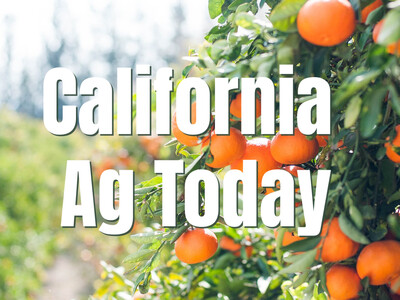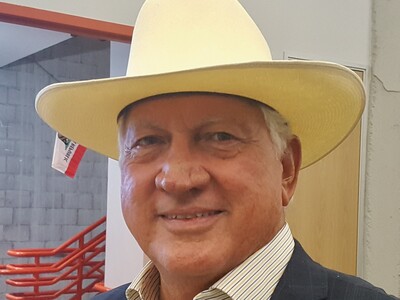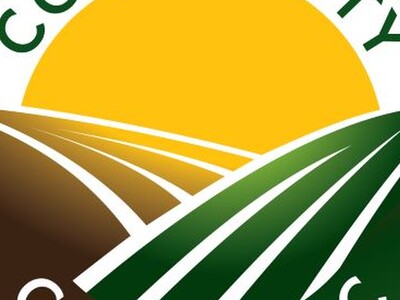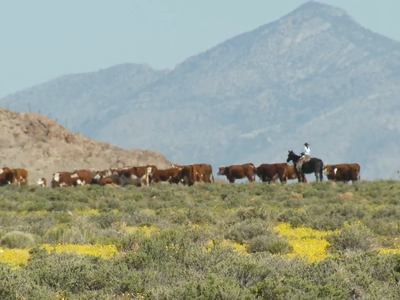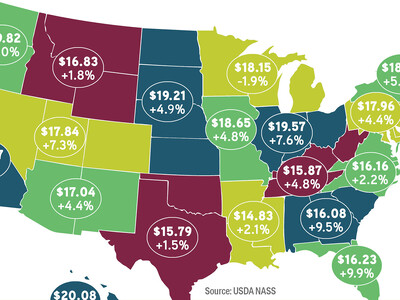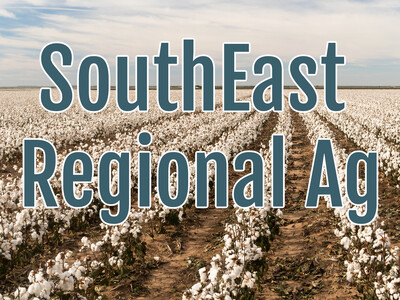Latest Marketbasket Survey
Latest Marketbasket Survey. I’m Greg Martin with today’s Line On Agriculture.
First, the bad news. The American Farm Bureau’s Marketbasket Survey for the first quarter of 2012 showed retail prices were up about 7 percent from last year at this time and from last quarter. Now, the good news.
ANDERSON: I think the rate of increase has slowed down. As we talked about a lot last year we expected fairly aggressive food price increases last year and we did get that. We’ve been saying for the last two or three months that we expect that to slow down in 2012 and that also seems to be happening.We’re looking for food price inflation that’s much more in line with the general level of prices, so somewhere in the 2 to 3 percent range.
American Farm Bureau Economist John Anderson says the survey suggests one section of the grocery store will still have higher prices: the meat counter, because meat supplies take longer to adjust. Here’s one reason why.
ANDERSON: When you think of cattle you think of Texas, Oklahoma, Kansas, New Mexico, places like that and they were devastated by the drought last year and that forced a lot of farmers and ranchers to really reduce their numbers. A lot of cattle had to be sent to market because there was just not really anything to feed them, nothing that could be fed economically. So that has reduced the productive capacity. Ranchers in Texas, particularly, had to reduce their cattle numbers drastically because of a lack of feed and that reduces the number of animals that they’ll have to sell down the road. They are trying to rebuild now but again it’s a slow process.
Anderson says one reason he expects price increases to slow is that most energy analysts think fuel prices may have peaked.
ANDERSON: Energy prices have been a factor and the evidence for that, I think if you look at our Marketbasket, is that most of the items in our basket increased. So when you see that kind of broad-based, across the board increase, that’s a good sign that energy is playing a role there because energy prices affect everything. Everything gets hauled somewhere. If it hadn’t been for higher fuel prices I don’t think we would have had a 7 percent increase in our Marketbasket. I think it still would’ve been higher but probably more like 4, 5 or 6 percent.
He explains why higher food prices don’t necessarily mean more money for farmers and ranchers.
ANDERSON: There are a lot of things that go into the retail price of food besides the farm level commodity: processing, packaging, handling, transportation, all of those things. So the commodity component is actually for most items a relatively small component of the total retail cost.
That’s today’s Line On Agriculture. I’m Greg Martin on the Ag Information Network.






